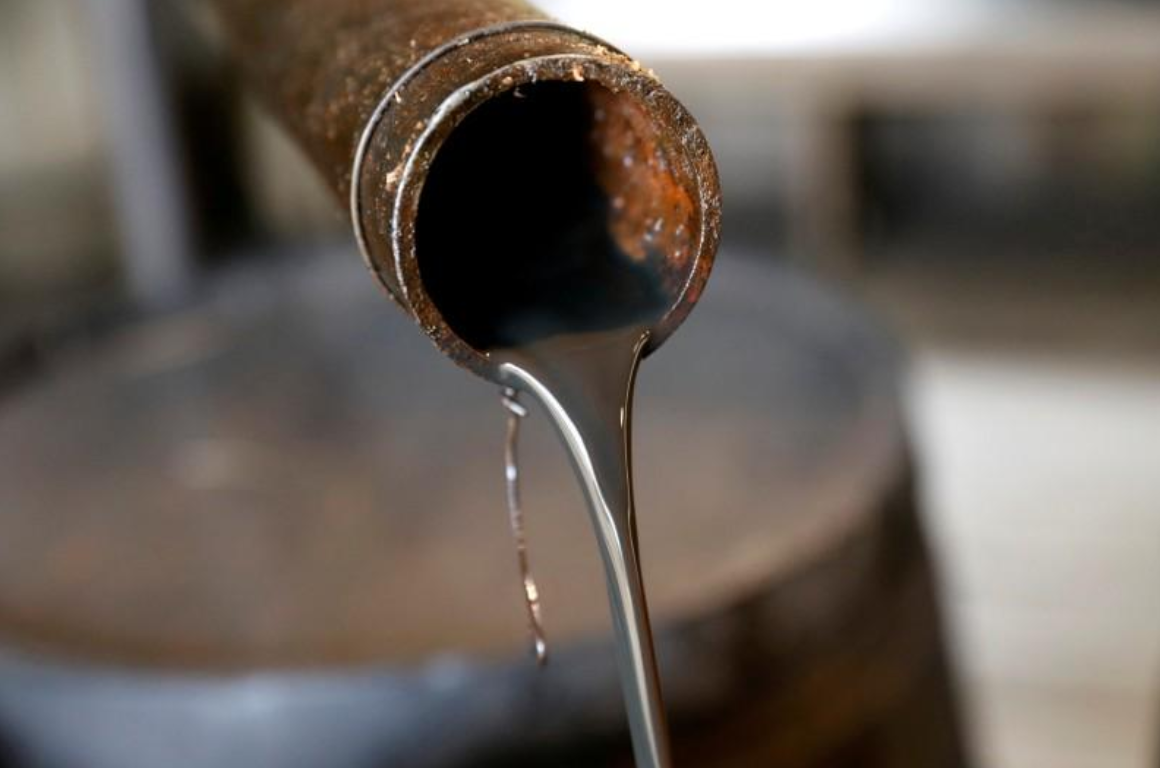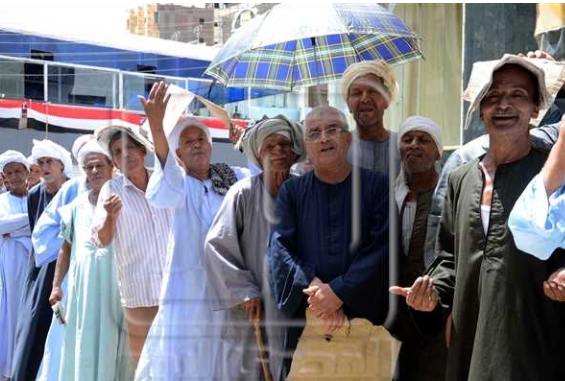
Petroleum and Mineral Resources Minister Karim Badawi held a broad meeting on Friday 11/4/2025 with heads of authorities, holding companies, and sector firms to review recent developments in the petroleum sector from July 2024 to March 2025 and to set upcoming targets.
Senior officials presented updates on current activities and future plans aimed at improving performance.
Badawi announced that these meetings would now be held quarterly to promote knowledge exchange and integration across the sector.
He highlighted six key pillars of the ministry’s strategy, emphasizing that the top priority is increasing local production of natural gas and petroleum products to meet domestic demand and reduce import costs.
Badawi noted that the sector has succeeded in offering attractive incentives to encourage international oil companies operating in Egypt to intensify exploration, adopt advanced technologies, and increase both production and reserves.
Efforts are also underway to fully capitalize on the sector’s underutilized infrastructure by processing crude oil from neighboring countries, expanding refining and petrochemical activities, and maximizing gas liquefaction and storage capacities, all contributing to added value and reinforcing Egypt’s position as a regional energy hub, he added.
The minister underlined the growing importance of the mining sector, with a goal to raise its contribution to GDP from 1 percent to 5–6 percent. “The ministry is currently developing incentive mechanisms to attract global mining companies to operate in Egypt.”
He also stressed the ongoing cooperation with the Ministry of Electricity and Renewable Energy to achieve Egypt’s optimal energy mix, aiming to increase renewable energy’s share to 42 percent by 2030. He praised the collaboration between Mopco and Scatec in the field of green hydrogen and ammonia.
The minister emphasized the need to continue improving energy efficiency and using renewable sources at petroleum sites instead of traditional fuels. He cited Sukari gold mine’s solar power project as a successful example.
Regional cooperation and strategic partnerships remain a top priority, including plans to import Cypriot gas for local use or liquefaction and re-export, as well as ongoing collaboration with Saudi Arabia on energy efficiency, Badawi said.
He noted that Egyptian companies have successfully implemented key strategic projects abroad and possess the capabilities and experience needed for further international expansion.




